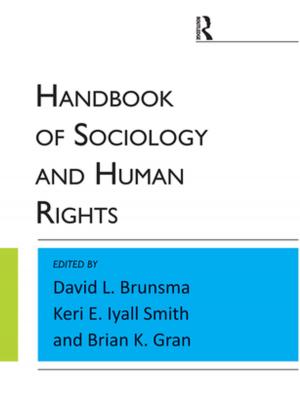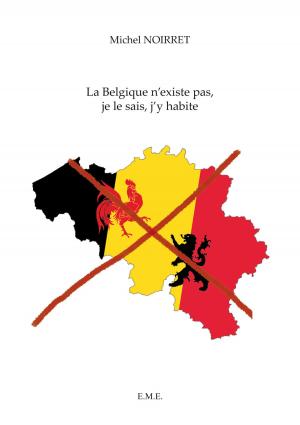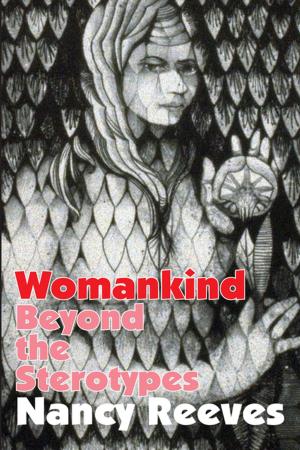Paradoxes of the Drug War & Paradoxes of the Holocaust
Nonfiction, Social & Cultural Studies, Current Events, Political Science, Government, Local Government, Social Science, Sociology| Author: | Christopher Porto | ISBN: | 9780988301818 |
| Publisher: | Christopher Porto | Publication: | April 21, 2013 |
| Imprint: | Language: | English |
| Author: | Christopher Porto |
| ISBN: | 9780988301818 |
| Publisher: | Christopher Porto |
| Publication: | April 21, 2013 |
| Imprint: | |
| Language: | English |
"Drug traffic is the paramount business, to the point that the legalization of drugs is probably the greatest threat that organized crime would have to confront." (sociologist Manuel Castells, 2000).
Author's Note by Christopher Porto (and review of Contents, below):
The following two papers, “Paradoxes of the Drug War,” and “Paradoxes of the Holocaust” are linked thematically though not substantively by the concept of paradox. I also have linked the two papers, one paper seemingly morally objectionable in its subject matter, and the other, morally upright, in part because of the contemporary moral indecisiveness – some might call it weakness – to confront with explicit frankness the failures of the “drug war.” (This includes one of the disturbing paradoxes dealt with in this book, namely, the increase in the size of the international drug market AT THE SAME TIME as the rise, spread, and diffusion of seemingly overwhelming and near ubiquitous surveillance, monitoring, and database technologies available to the world’s most powerful states).
It is ultimately my view, however, that morally grappling with disturbing, questionable, and potentially transgressive subjects is more edifying – including in the classic sense of what used to be called “Bildung” – than the discussion and analysis of subjects widely recognized to be morally significant.
Note also that when I use the concept of paradox in this book I am simply using the familiar or everyday concept of paradox instead of more technical treatments of the concept given by academic philosophers.
I thank my readers for their exquisite taste in ideas.
I have been in ill health, and there may be editing mistakes in the text. Please excuse any editing mistakes in the text since I have been in ill health recently.
Contents include:
Early Modern Globalization: When Drug Wars Were Fought For Drugs
How Drugs Differ From Other Vices, & How This Contributes to the Failure of the Drug War
The Drug War as a Means To Expand the International Criminal Economy
The Paradox of the War on Drugs & The National Security State
Notes: A Brief Exegesis On the Sinful Passions of Humanity
Information Technology, Bio-Technology, & The Nature of Drugs
Continuities and Discontinuities Between Social Technology, Physical Technology, & Bio-Technology
Paradoxes of the Holocaust
For Angie, Bill, Lou, and Teresa . . . Teresina . . . Tree . . . Teresa Portosa, the “Mussolini of the kitchen.” Why was she the “kitchen Mussolini”? . . .
"Drug traffic is the paramount business, to the point that the legalization of drugs is probably the greatest threat that organized crime would have to confront." (sociologist Manuel Castells, 2000).
Author's Note by Christopher Porto (and review of Contents, below):
The following two papers, “Paradoxes of the Drug War,” and “Paradoxes of the Holocaust” are linked thematically though not substantively by the concept of paradox. I also have linked the two papers, one paper seemingly morally objectionable in its subject matter, and the other, morally upright, in part because of the contemporary moral indecisiveness – some might call it weakness – to confront with explicit frankness the failures of the “drug war.” (This includes one of the disturbing paradoxes dealt with in this book, namely, the increase in the size of the international drug market AT THE SAME TIME as the rise, spread, and diffusion of seemingly overwhelming and near ubiquitous surveillance, monitoring, and database technologies available to the world’s most powerful states).
It is ultimately my view, however, that morally grappling with disturbing, questionable, and potentially transgressive subjects is more edifying – including in the classic sense of what used to be called “Bildung” – than the discussion and analysis of subjects widely recognized to be morally significant.
Note also that when I use the concept of paradox in this book I am simply using the familiar or everyday concept of paradox instead of more technical treatments of the concept given by academic philosophers.
I thank my readers for their exquisite taste in ideas.
I have been in ill health, and there may be editing mistakes in the text. Please excuse any editing mistakes in the text since I have been in ill health recently.
Contents include:
Early Modern Globalization: When Drug Wars Were Fought For Drugs
How Drugs Differ From Other Vices, & How This Contributes to the Failure of the Drug War
The Drug War as a Means To Expand the International Criminal Economy
The Paradox of the War on Drugs & The National Security State
Notes: A Brief Exegesis On the Sinful Passions of Humanity
Information Technology, Bio-Technology, & The Nature of Drugs
Continuities and Discontinuities Between Social Technology, Physical Technology, & Bio-Technology
Paradoxes of the Holocaust
For Angie, Bill, Lou, and Teresa . . . Teresina . . . Tree . . . Teresa Portosa, the “Mussolini of the kitchen.” Why was she the “kitchen Mussolini”? . . .















